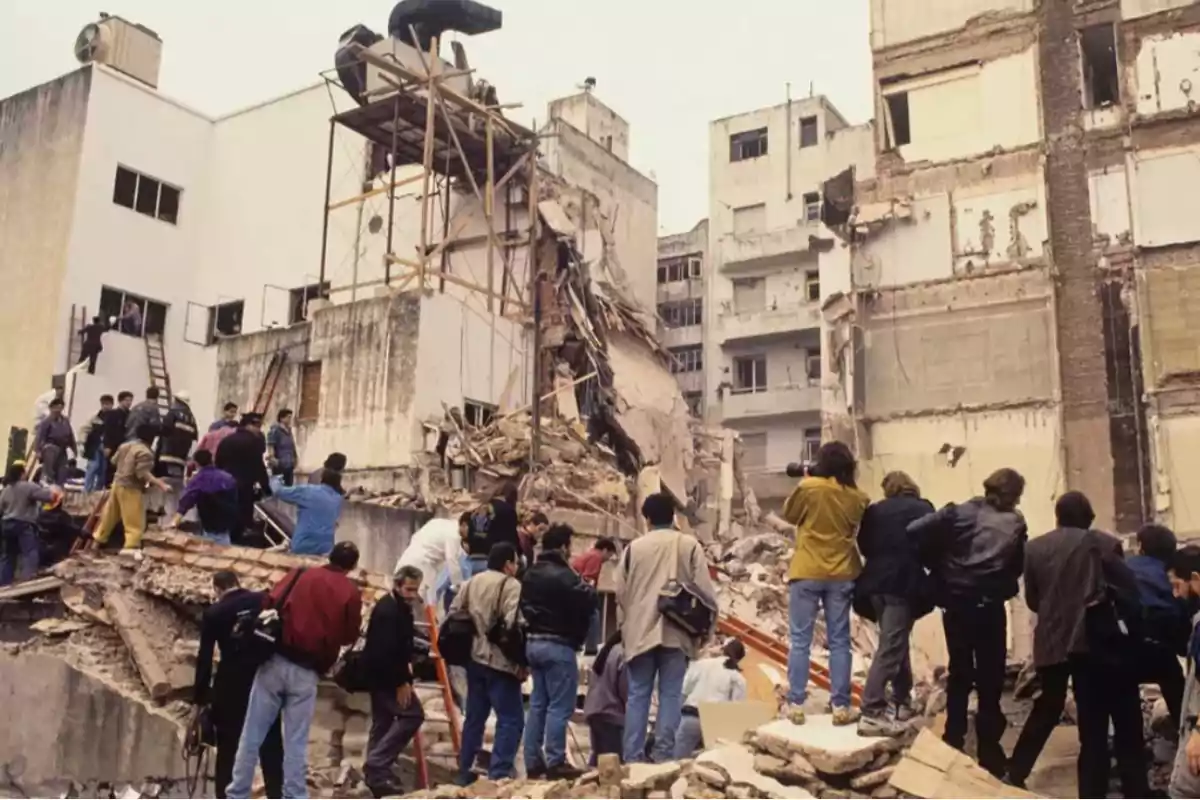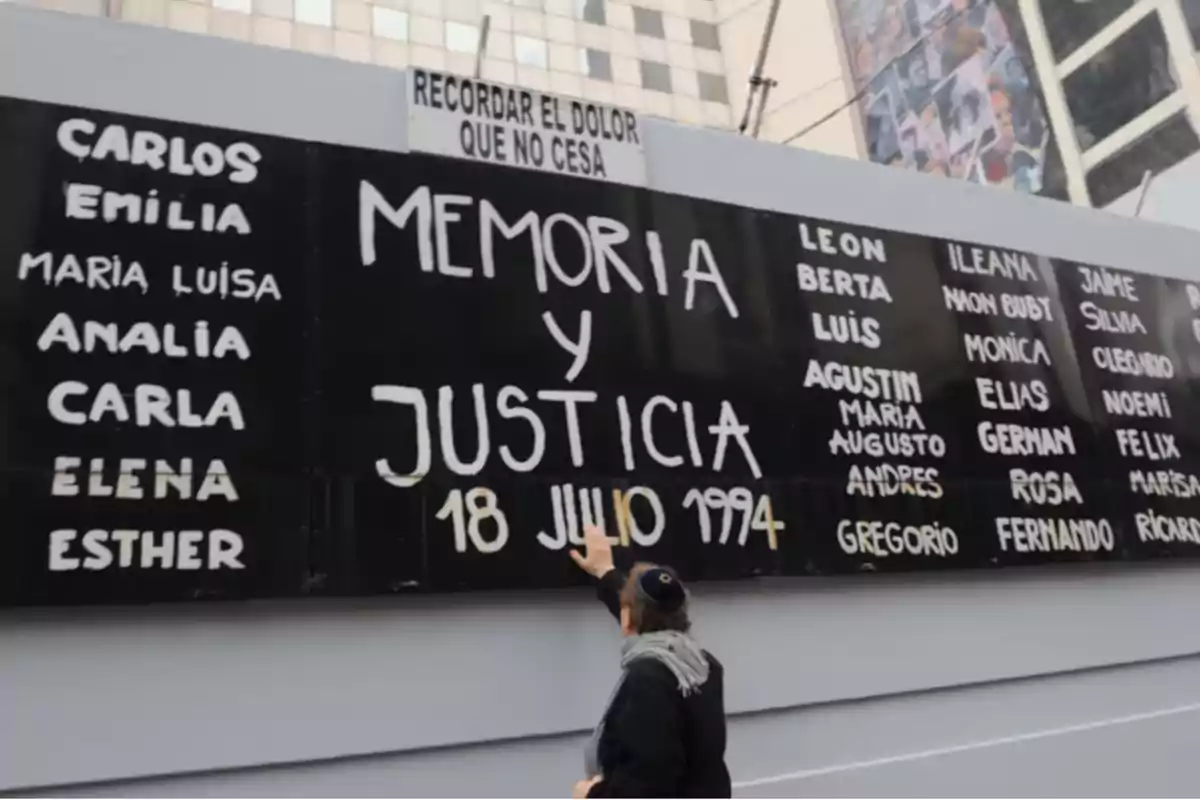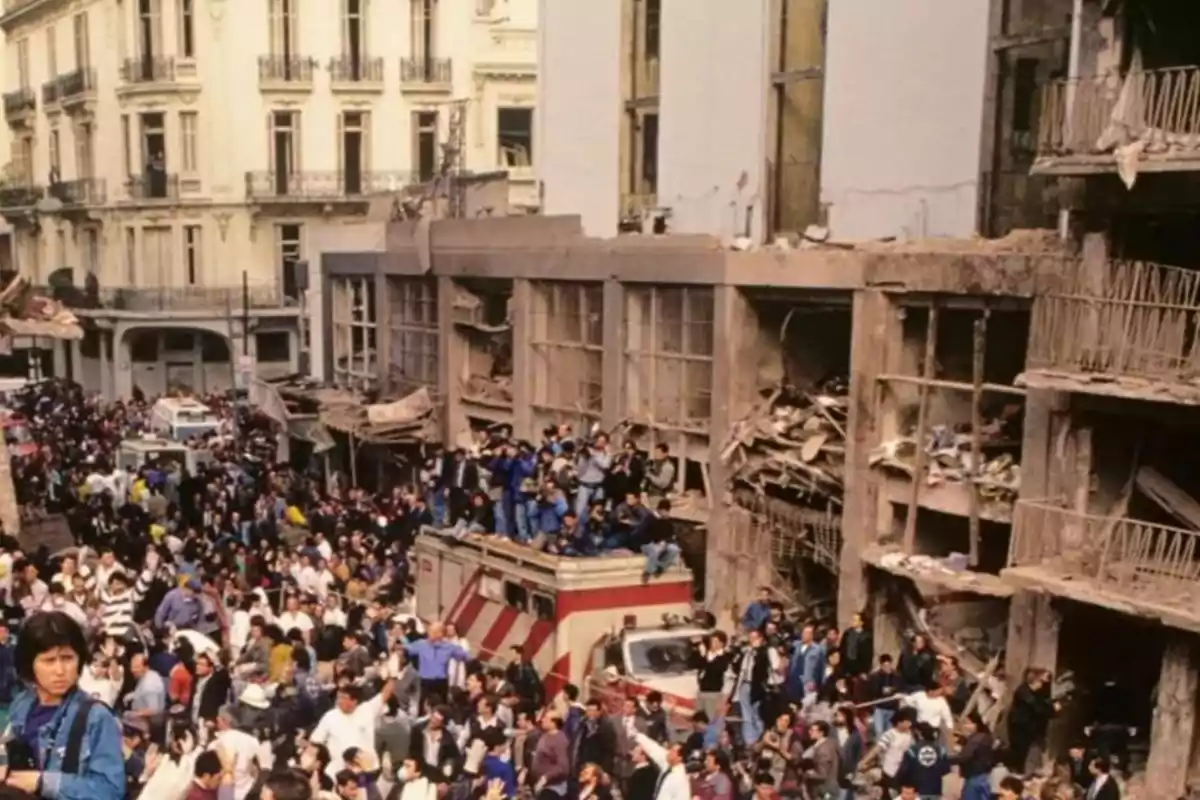
AMIA case: they seek to try the Iranian terrorists with a trial in absentia
Prosecutor Sebastián Basso requested it
The head of the AMIA Prosecutor's Unit, Sebastián Basso, formally requested that the ten Iranian citizens accused of planning the AMIA attack in 1994 be tried under the modality of trial in absentia. The presentation was made before federal judge Daniel Rafecas, who must now decide whether to accept the request and allow this historic instance to proceed.
The proposal is framed within a legal figure that, although it has not been applied in this case so far, allows for a trial even when the defendants are not present in the country. This tool would allow overcoming the obstacles that have prevented bringing those responsible before Argentine justice for decades.
A new boost for a stalled case

Basso's request is based on an initial claim made by the parents of two victims of the attack. In his opinion, the prosecutor directly pointed to the ten accused who have international arrest warrants:
- Ali Fallahijan
- Ali Akbar Velayati
- Mohsen Rezai
- Ahmad Vahidi
- Hadi Soleimanpour
- Mohsen Rabbani
- Ahmad Reza Asghari
- Salman Raouf Salman
- Abdallah Salman
- Hussein Mounir Mouzannar
These individuals have been identified as members of a network that, under the orders of the Iranian regime and with the participation of the Lebanese organization Hezbollah, allegedly participated in the planning of the deadliest terrorist attack in Argentine history.
The attack: a wound that still hasn't healed
On July 18, 1994, a car bomb exploded in front of the headquarters of the Argentine Israelite Mutual Association (AMIA) in the Buenos Aires neighborhood of Once, causing 85 deaths and over 300 injuries. The attack became a symbol of impunity in Argentina: in 30 years, no one has been convicted.

The investigations pointed from the beginning to an international connection, but the lack of cooperation from Iran, coupled with irregularities and cover-ups within the Argentine state itself, stalled judicial progress for years.
The precedent and the next steps
The figure of trial in absentia has been discussed in Congress and in the judicial sphere, but its effective application is still under debate. If Rafecas accepts the request, it will set a key precedent not only for the AMIA case but also for other judicial processes with fugitives abroad.
The Prosecutor's Office highlighted that the proposal seeks to "guarantee the right to the truth for the victims' families," nearly three decades after the event occurred. The next step will be Judge Rafecas's decision, which could mark a turning point in the path to justice.
More posts: